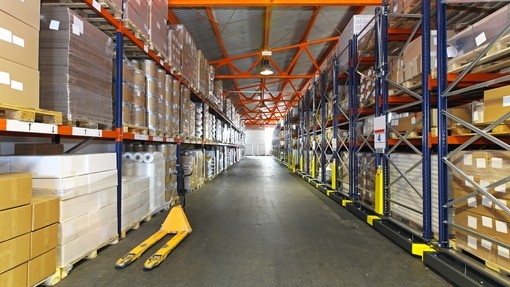Interchange fees – victory in the Supreme Court

Details
The Supreme Court on 17 June 2020 clarified the position under competition law on whether interchange fees may be deducted from the payment a customer’s credit or debit card issuer will make to a retailer’s acquirer, following a transaction paid for by card.
Sainsbury’s and other retailers had previously objected that by making customers’ banks levy interchange fees on card transactions, Visa and MasterCard were interfering with the marketplace, as they said such banks would otherwise have competed to reduce the fees or even eliminate them, to make their own cards more attractive to retailers, who could then attract more customers.
The story so far
The Competition Appeal Tribunal (CAT) agreed in 2016 with the first challenge, brought by Sainsbury’s. Damages of £68 million were awarded against MasterCard. But confusion arose when Sainsbury’s lost a claim against Visa in the Commercial Court. Worse followed when other retailers who were also bringing a case against Visa lost that, but on different grounds.
All the losing parties in all three cases appealed. The Court of Appeal held in July 2018 that it was anti-competitive to impose interchange fees on customers’ banks, so this is potentially illegal and further that interchange fees at lower than the current levels would still not be justifiable.
Supreme Court decision
The Supreme Court in a unanimous judgment upheld the Court of Appeal decision which in itself followed an earlier European Court of Justice decision against Mastercard. It was held that the interchange fees were non-negotiable and there was no incentive to compete over them. Retailers had no ability to negotiate them down and such action by Visa and Mastercard was anti-competitive.
The Supreme Court also ruled against sending the claims back to the CAT on the question of whether there was an exemptible (i.e. minimum permissible) level of interchange fees and the next step is for there to be a trial on the issue of the quantum of damages to be awarded to the retailers (other than Sainsbury’s). This will investigate whether the retailers were able to pass on the fees to their customers by price increases and, if so, how this might affect their damages claims.
Implications
All retailers with potential compensation claims are in a legally stronger position after this judgement – the main issue will be how much compensation they are due. Given the recent difficulties that retailers have faced as a result of the coronavirus pandemic, finally there may be some good news.
Commercially, the question is how can a retailer obtain a settlement payment as soon as possible? It would make sense for retailers to accompany any pre-action claim letter with a separate settlement offer, put without prejudice save as to costs, to see if any claim can be resolved in early course to minimise the recent effects of lockdown. There may yet be a silver lining to recent events for affected retailers.
For more information, please contact us.



